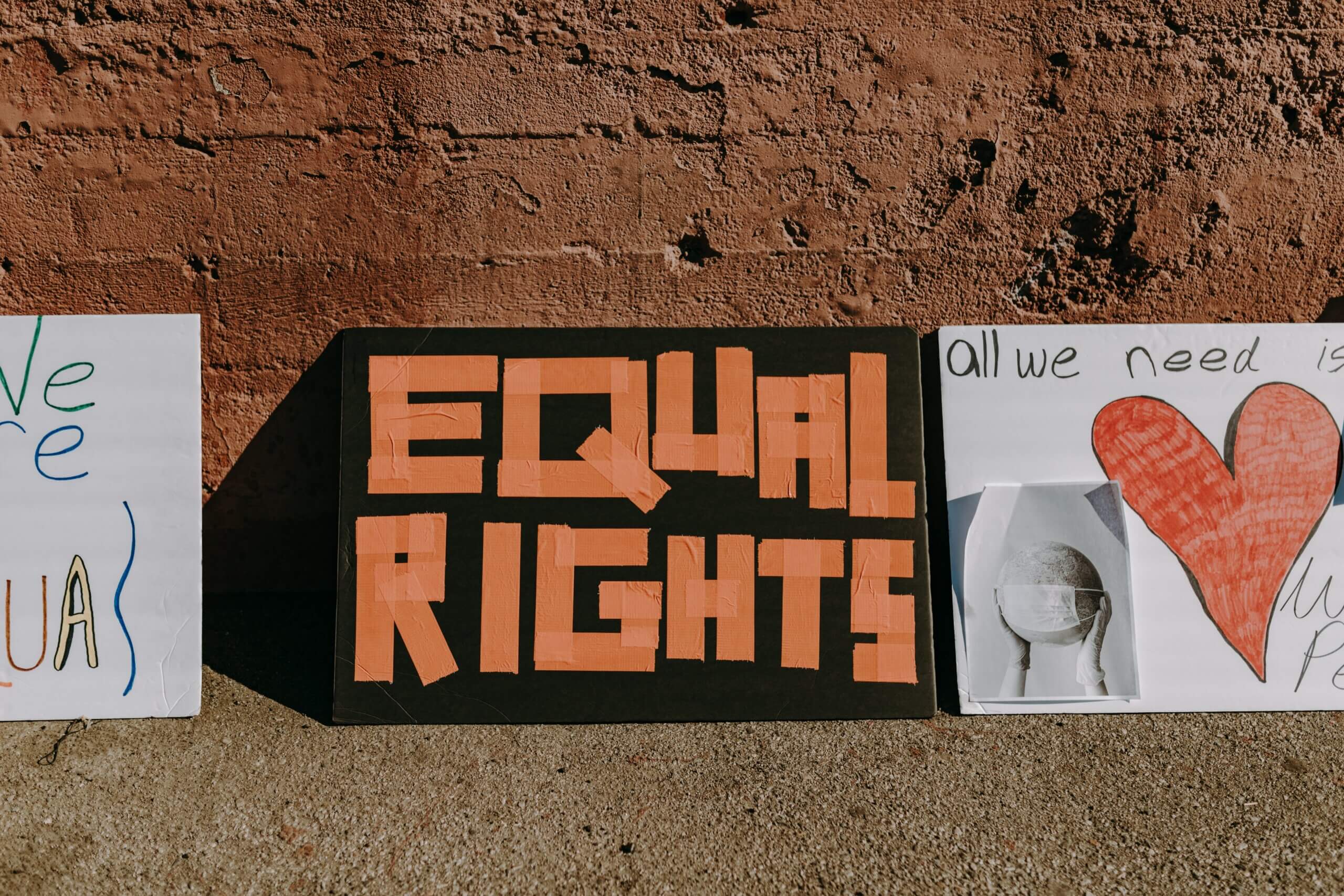
The diversity, equity, and inclusion industry gained its most recent resurgence from the same place it originated – as a response to the denial of civil rights on a national scale. And if we aren’t careful, sincere, and committed, then we will perpetuate the conditions that create the environments that allow for inequality and discrimination to be the norm. With the proper assistance, we can work to stop this cycle and create a culture of fairness and decency.
The future rests in our hands. How will you handle it?
It’s safe to say that everyone’s heard of diversity, equity, and inclusion, and has heard countless reasons for their importance and gravity in the current climate of the world, and many have heard of employee resource groups (ERGs) or other forms of affinity groups within the workplace. All of these terms and ideas may sound new, but they are over 60 years old. DEI and ERGs were born in the 1960s as an urgent response to discrimination and racism that were at a peak in the US.
What was going on in the ’60s?
At this point in America’s history, we were at the tail end of a century of separate and unequal segregation. Black Americans, as well as any other person of color, were denied equal access to opportunities and resources in every section of American life. Unions were exclusionary and the job ladder was virtually nonexistent. People of color couldn’t get home loans due to redlining, communities lived in constant fear, and people had grown tired of their constitutional rights being denied.
Facing daily prejudice, discrimination, and lack of opportunities to make a living, civil rights supporters developed DEI and ERGs as a method to push forward equality, equity, and fairness.
Another moment in history
DEI and ERGs grew out of national outrage. In the ‘60s it was the daily images of African Americans being hosed, arrested, and forced to live as second-class citizens. For this generation, we had the recent events of the public murder of George Floyd by a police officer. All with the backdrop of a global pandemic that has claimed over one million lives, and record unemployment, with the adjacent social movements of Times Up, and Me Too.
DEI initiatives and ERGs have been an urgent need.
The future is now
The only way we can even attempt to prevent the social climate that permits injustice is to continue on the course of justice, equality, and human decency. We’ve seen this happen before – injustice occurs, the public rallies against it, then seems to forget, returning to a problematic status quo, then another grave public incident occurs, and the cycle repeats.
We can break free of this cycle. We know what can happen in the future because it’s happened in the past and it’s happening now, but only through our concerted, sincere, and diligent efforts can we ensure it doesn’t happen again.
